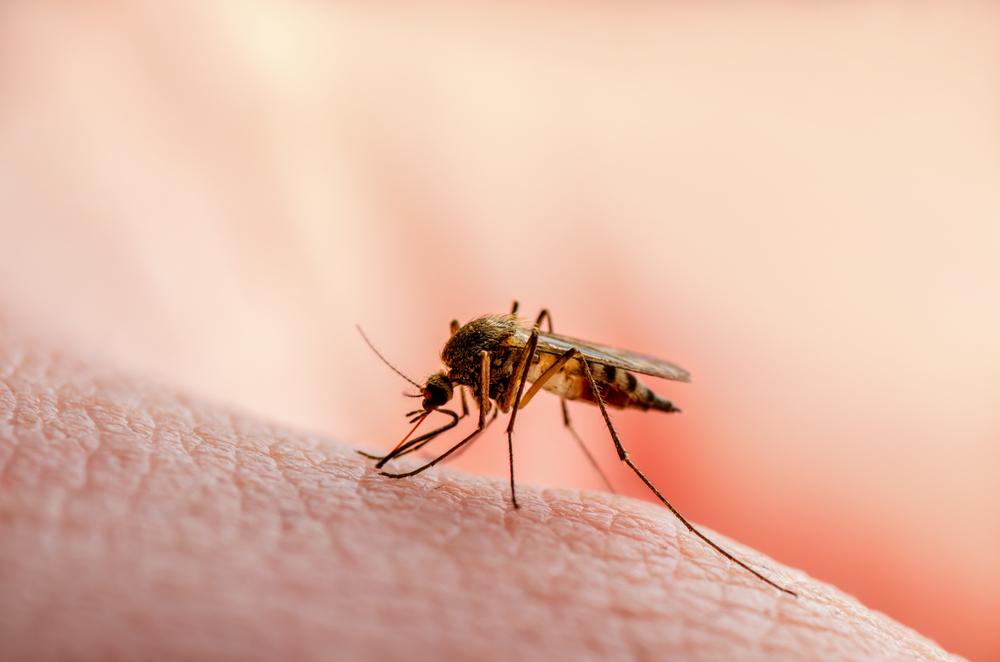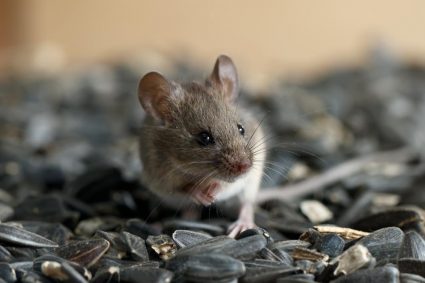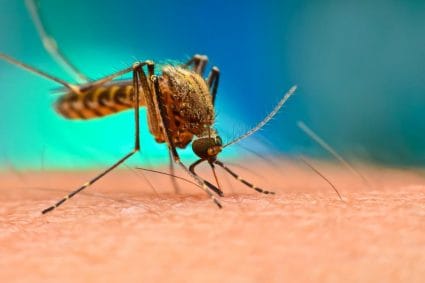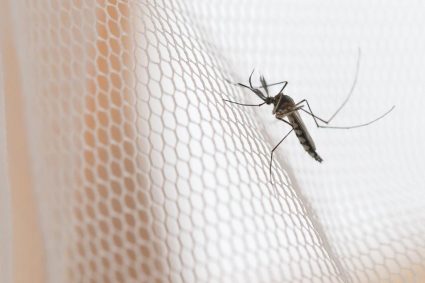
A mosquito bite on the lip can be an uncomfortable and sometimes alarming experience. It may cause itching, redness, and swelling in a sensitive area of your face. But what does it exactly look like? And, how can you distinguish it from other insect bites?
A mosquito bite on the lip typically appears as a small, raised bump that is red or pink in color. It may cause itching, redness, and swelling, which can be more pronounced due to the sensitivity of the lip area. It’s important to distinguish it from other insect bites based on its appearance, symptoms, and pattern.
Distinguishing Characteristics of a Mosquito Bite on the Lip
Mosquito bites on the lip appear as small, raised bumps, typically red or pink in color. The bitten area may feel itchy due to the mosquito’s saliva, which triggers an immune system reaction. The skin around the bite may become red or discolored. Furthermore, these bites can cause swelling, which may be more pronounced than bites on other parts of the body, due to the sensitivity of the lip area.
Differences from Bites on Other Parts of the Body
A mosquito bite on the lip differs from bites on other parts of the body mainly due to the sensitivity of the lip area and the potential risks associated with it. When a mosquito bites your lip, it can cause itching, redness or discoloration, and swelling. The lip area is more sensitive than other parts of the body, so a bite on the lip may be more uncomfortable and noticeable.
Symptoms Associated with a Mosquito Bite on the Lip
Typical symptoms associated with a mosquito bite on the lip include itching, redness or discoloration, and swelling. These symptoms can usually be treated at home with proper care, such as washing the area with soap and water and applying an ice pack to reduce itching and swelling. However, if the mosquito bite becomes infected due to scratching, additional symptoms may occur, such as oozing pus, pain or soreness, abscess, and swollen glands.
Long-term Effects and Complications
In most cases, mosquito bites on the lip do not cause long-term effects or complications. However, it is essential to monitor the bite for signs of infection or an allergic reaction and seek medical attention if necessary. To reduce the risk of complications, wash the affected area with soap and water, and apply ice to alleviate itching and swelling.
Common Misconceptions about Mosquito Bites on the Lip
While mosquito bites can be itchy and annoying, they also pose risks such as disease transmission and allergic reactions. Infected mosquitoes can carry diseases like malaria, and some individuals may experience an allergic reaction to the mosquito’s saliva. The intensity of the reaction to a mosquito bite depends on the individual’s immune system and how allergic they are to the mosquito’s saliva.
Differentiating Mosquito Bites from Other Insect Bites
To differentiate between a mosquito bite and other types of insect bites on the lip, you can consider factors like appearance, itch factor, location, symptoms, and pattern. Individual reactions to insect bites can vary, and it can be challenging to identify the specific insect responsible for a bite based on appearance alone.
Alleviating the Itching and Swelling
To alleviate the itching and swelling of a mosquito bite on the lip, you can try methods like applying an ice pack, using a cold compress, applying hydrocortisone cream, or using a baking soda paste.
Precautions to Avoid Mosquito Bites on the Lip
To avoid mosquito bites on the lip, you can take precautions like using mosquito repellent, wearing protective clothing, installing mosquito nets, eliminating standing water, repairing screens, avoiding scented products, and being cautious during peak mosquito activity hours.
Healing Process
A mosquito bite on the lip generally takes about three to four days to fade and may take up to a week to completely heal. Most mosquito bites cause itching, redness, and swelling, which usually last for three or four days.
In conclusion, a mosquito bite on the lip can be an uncomfortable experience. Still, with the right knowledge and precautions, you can alleviate the symptoms and minimize the risk of complications. Always consult a healthcare professional if you notice any severe symptoms or unusual reactions.
Frequently Asked Questions
Can mosquito bites on the lip lead to serious diseases?
Yes, mosquito bites on the lip can potentially lead to serious diseases. Mosquitoes are known vectors of several diseases, including malaria, dengue fever, and Zika virus. However, the risk of contracting these diseases depends on the geographical area and the specific species of mosquito.
What should I do if the mosquito bite on my lip doesn’t improve after a week?
If the mosquito bite on your lip doesn’t improve after a week, or if it worsens, it’s important to seek medical attention. This could be a sign of infection or an allergic reaction, which may require treatment.
Can I use over-the-counter medications for a mosquito bite on the lip?
Yes, over-the-counter medications such as hydrocortisone cream or calamine lotion can be used to alleviate the itching and swelling associated with a mosquito bite on the lip. However, always follow the product instructions and consult a healthcare professional if symptoms persist.
What home remedies are effective for treating mosquito bites on the lip?
Home remedies for treating mosquito bites on the lip include applying a cold compress or an ice pack, using a baking soda paste, or dabbing the bite with apple cider vinegar. These methods can help to reduce itching and swelling.
Are there any preventive measures I can take to avoid getting bitten by mosquitoes on the lip?
Yes, to prevent mosquito bites on the lip, you can use mosquito repellent, wear protective clothing, install mosquito nets, eliminate standing water around your home, repair window and door screens, avoid using scented products, and be extra cautious during peak mosquito activity hours (usually dawn and dusk).










